Transcriptions and English translations of historical texts documenting the Black lived experience in colonial Latin America.
Black Perspectives in Colonial Latin America (Primary Sources)
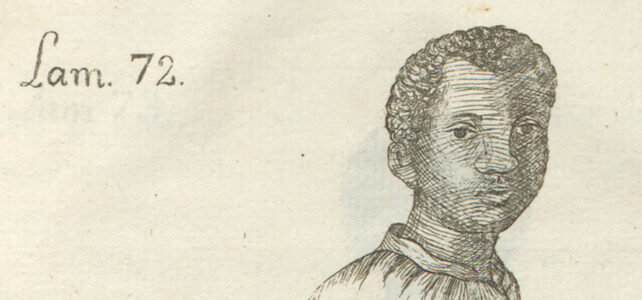


Transcriptions and English translations of historical texts documenting the Black lived experience in colonial Latin America.
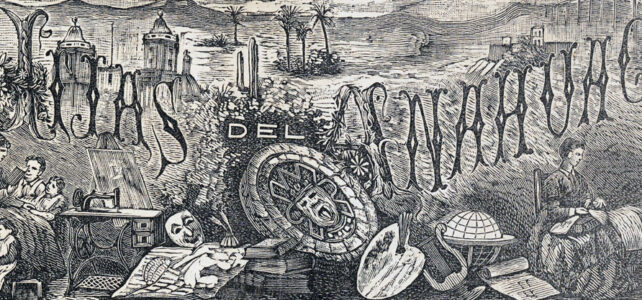
Violetas del Anáhuac was a feminist weekly that emerged during the government of Mexican President Porfirio Díaz. Supporting Positivism, the weekly advocated for the instruction of women to promote “progress” and motherhood.
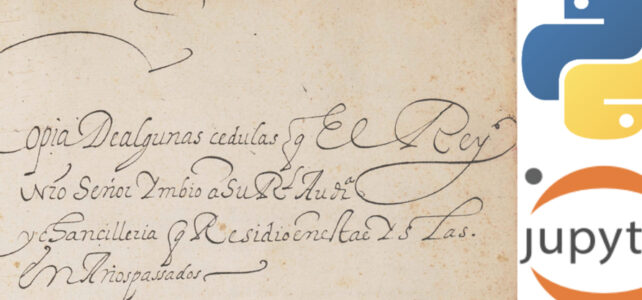
This tutorial will show you how to use a Python source code to obtain and visualize descriptive statistics from a Spanish cedulario, or collection of royal decrees, from the early colonial Philippines (1565-1600).
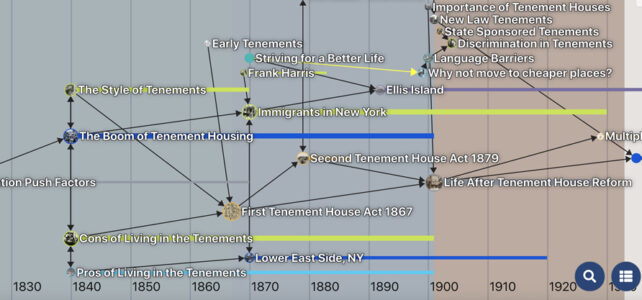
This tutorial will introduce you to an app that allows you to create fully interactive digital timelines.
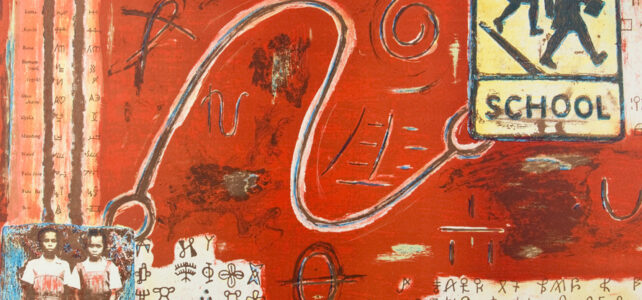
To mark the Benson’s centennial, this exhibition looks at knowledge production from different communities in the Americas. Special attention is paid to community stories, craftwork, harvest and subsistence, medicine, and flora and fauna.

This is a list that the LLILAS Benson Digital Scholarship Office maintains of free and open-source digital scholarship tools and platforms.
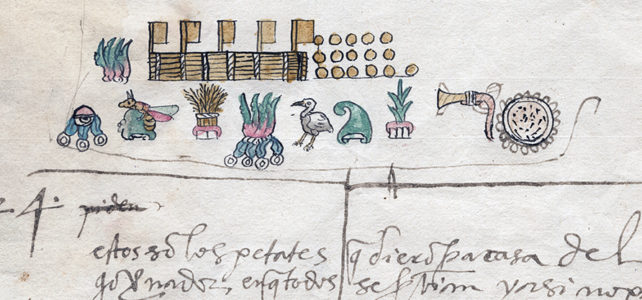
Manuscripts and archives acquired by Genaro García, Mexican historian, educator, lawyer, politician, and bibliophile, relating primarily to the history, politics, and culture of Mexico from the 16th-20th centuries, including archives of prominent Mexican political figures.
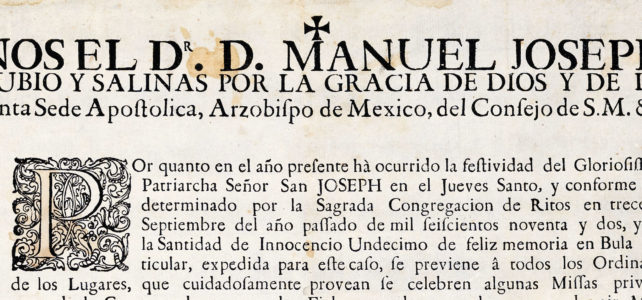
Materials documenting activities of the Catholic Church in Mexico from 1580-1890, including original official documents and transcripts.
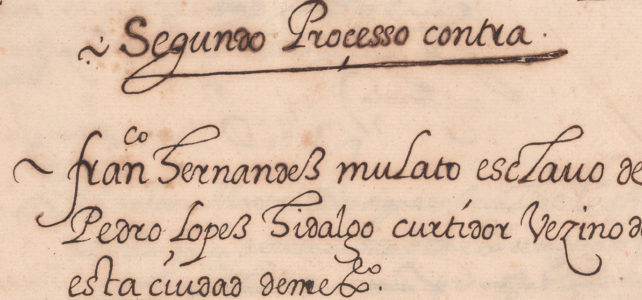
Manuscripts and printed material related to the history of Mexico and southwestern United States (California, New Mexico, and Texas) before 1836. collected by geologist William B. Stephens.
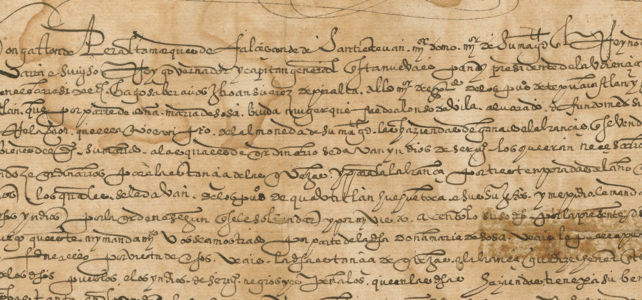
Collected by Mexican historian Edmundo O’Gorman, this collection is focused on central Mexico and contains documents mostly dating from the 17th and 18th centuries. The digitized documents primarily concern the activities of the Catholic Church and religious orders, primarily the Franciscans and the Jesuits, and their the treatment of Indigenous and Black people during the colonial period.